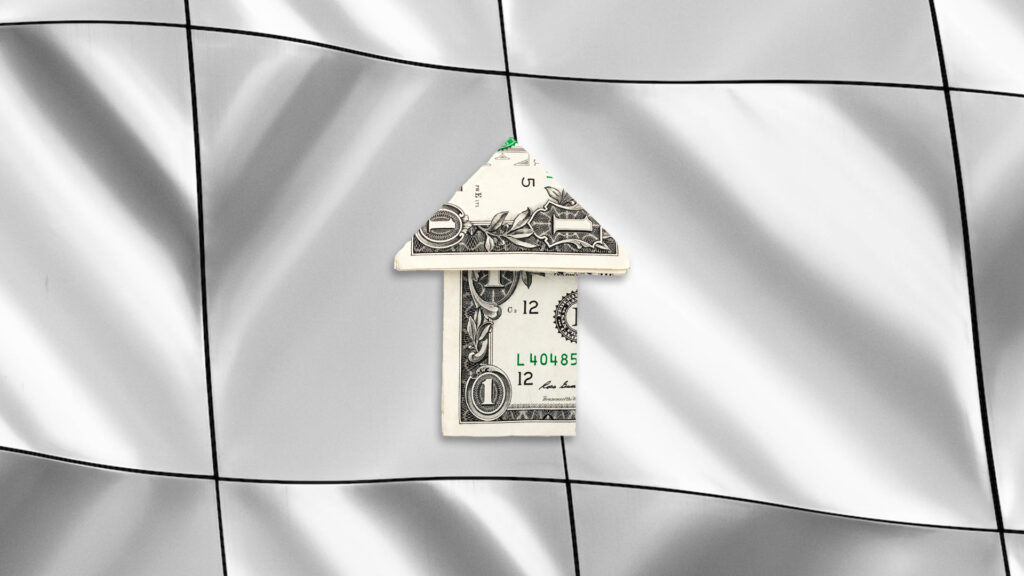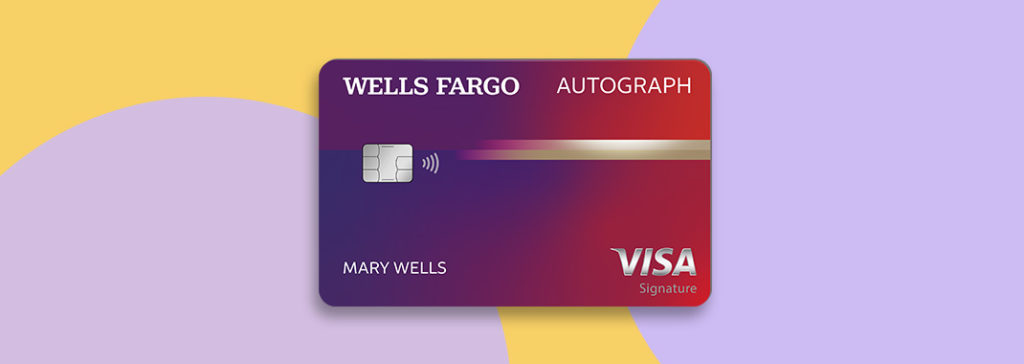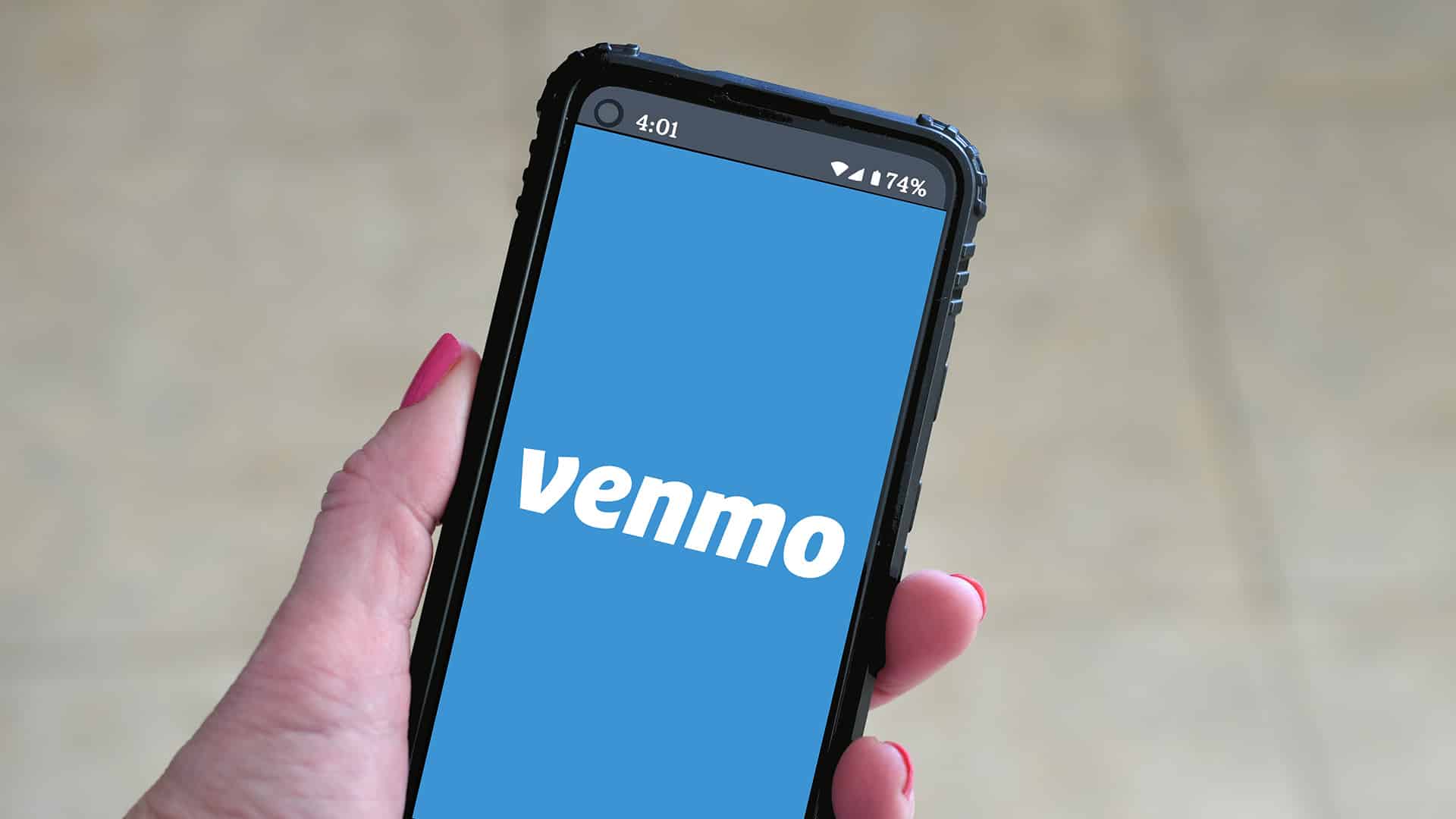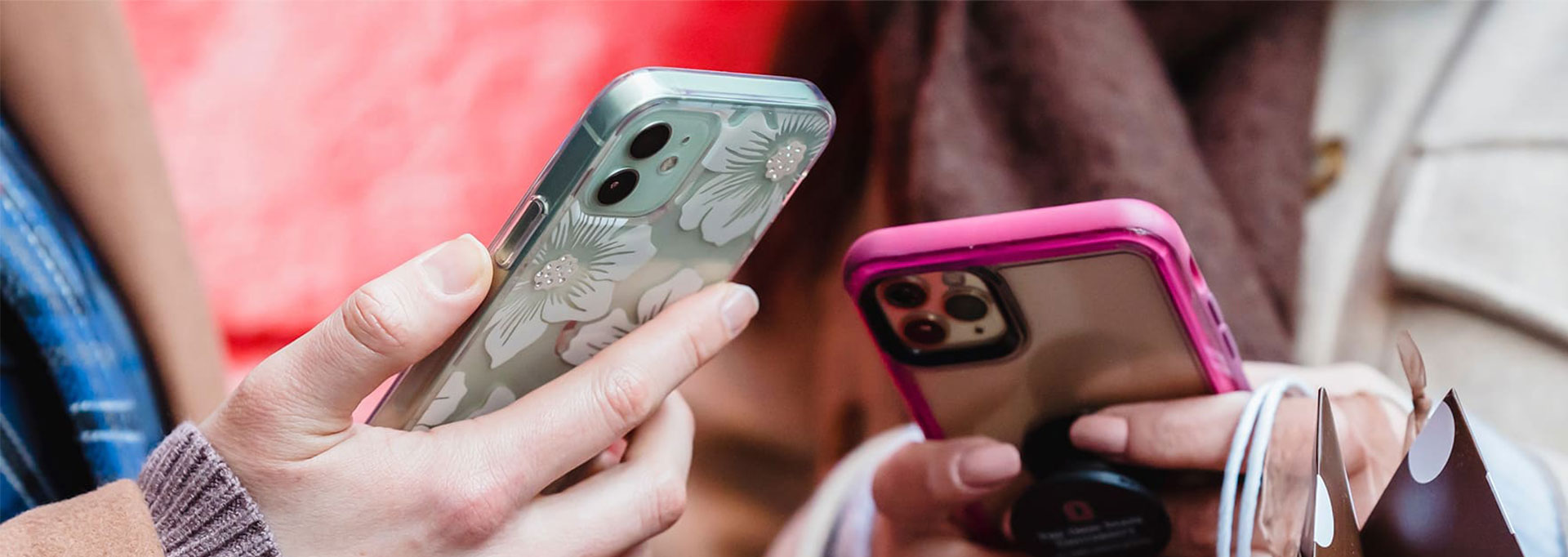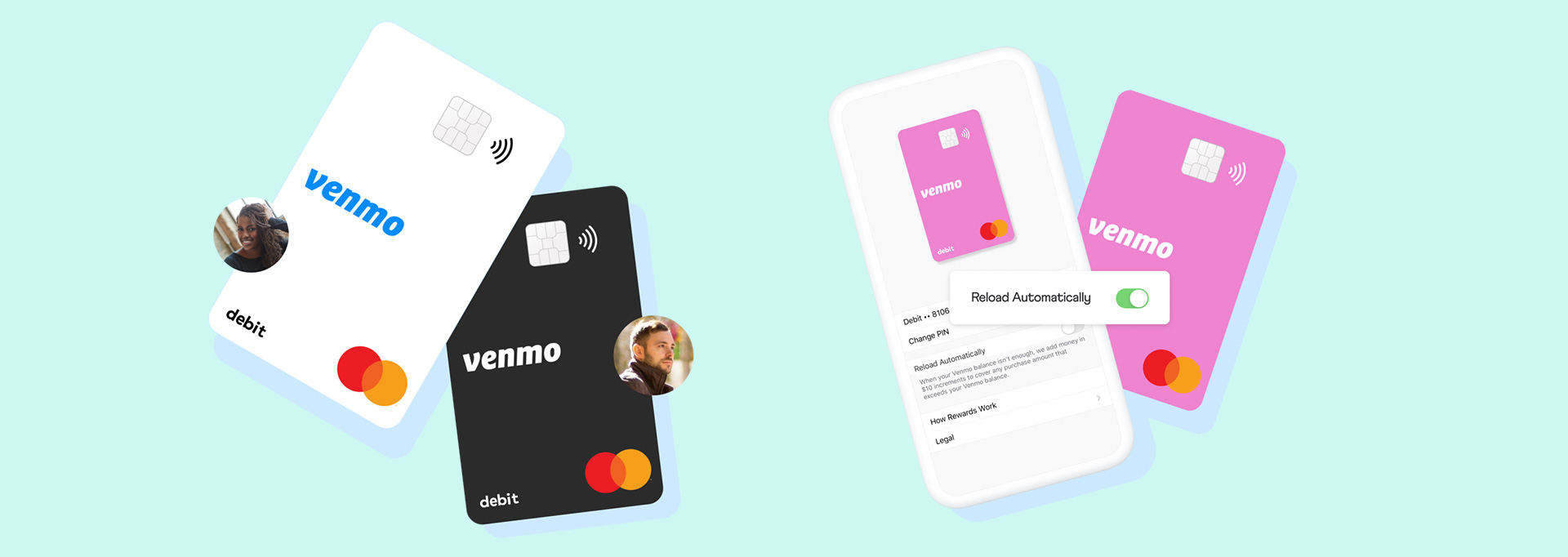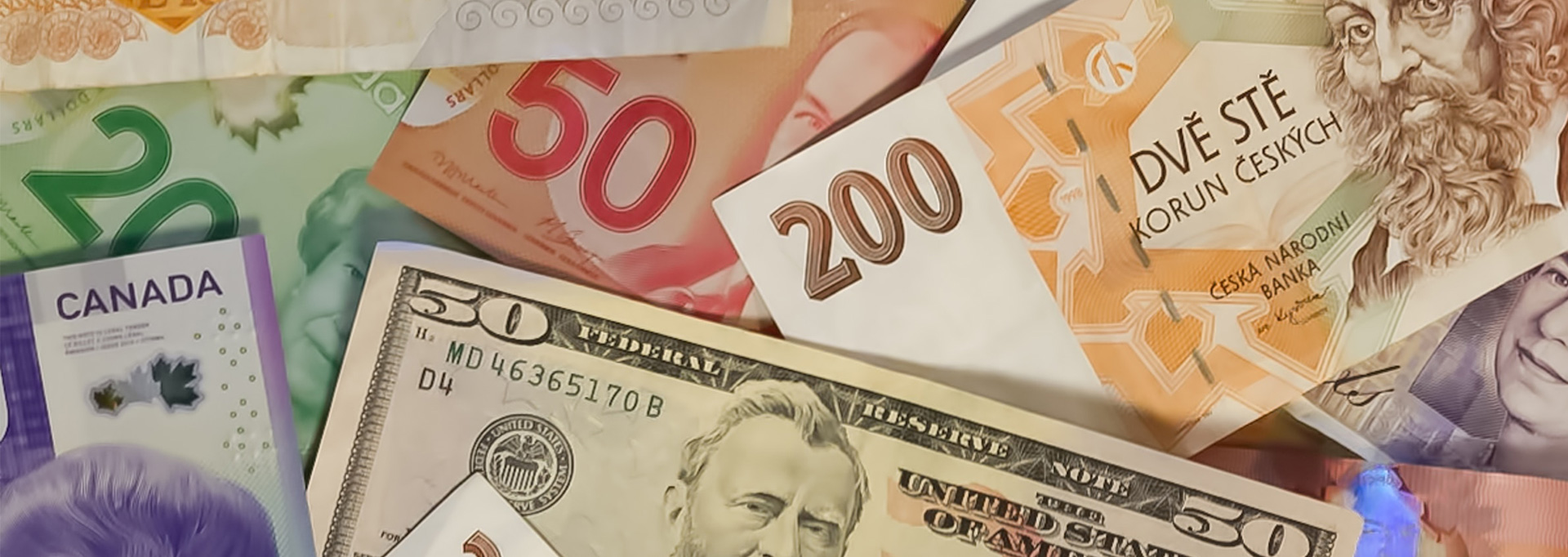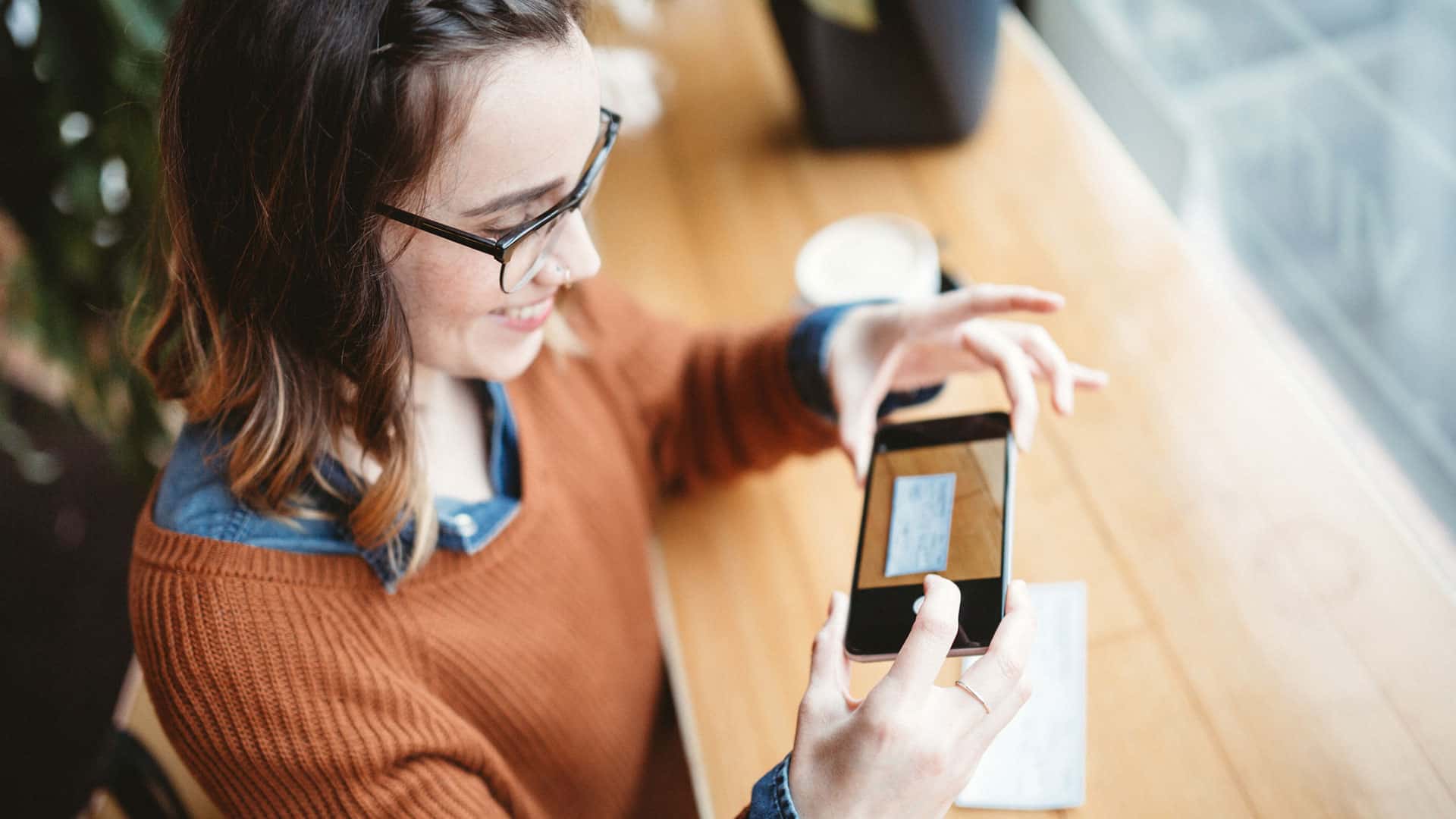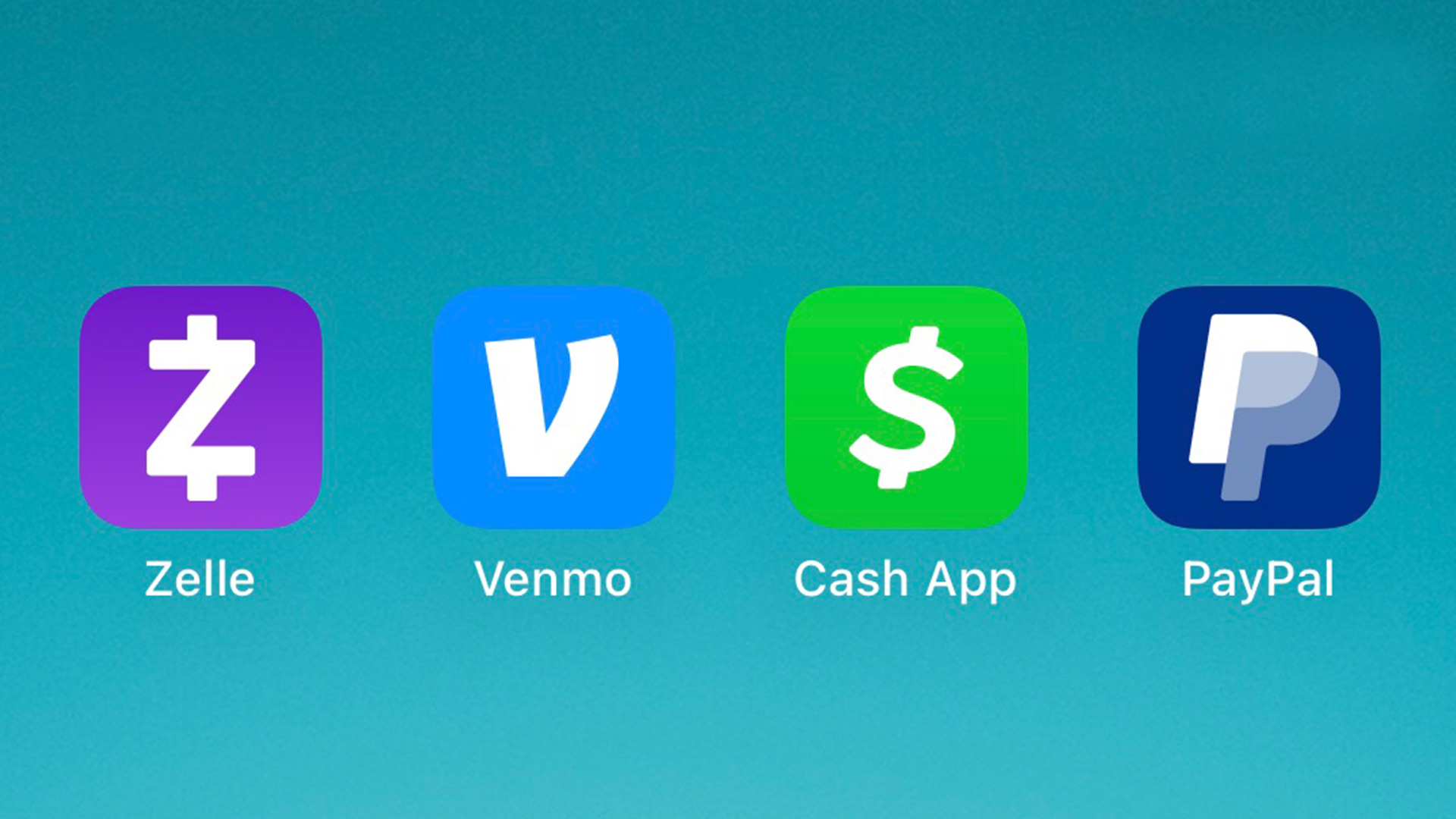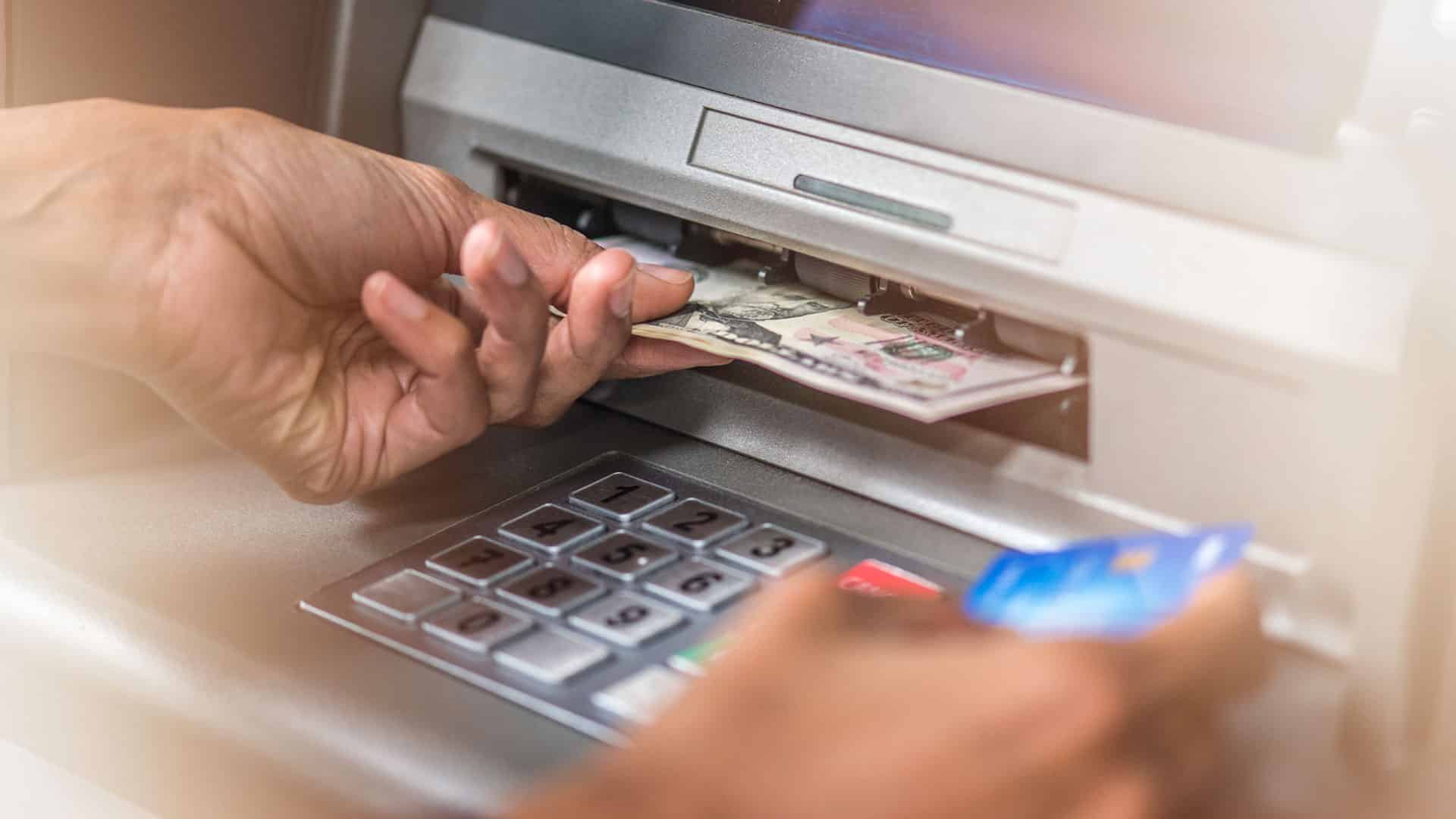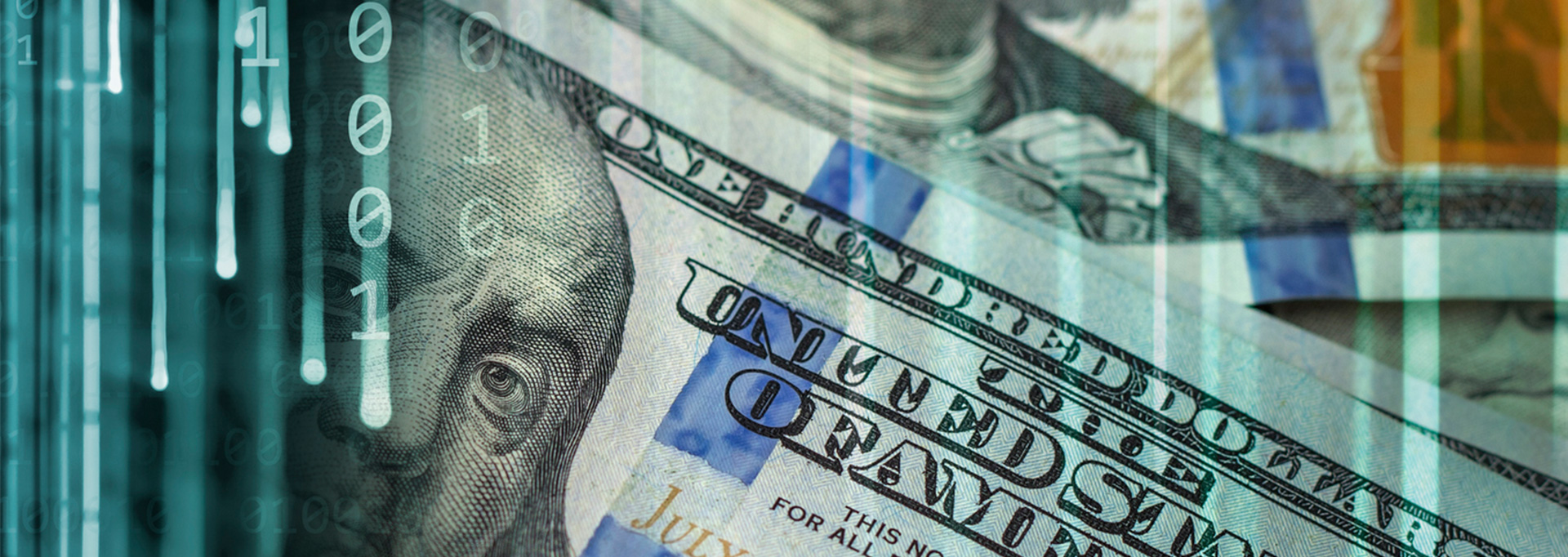Most products on this page are from partners who may compensate us. This may influence which products we write about and where and how they appear on the page. However, opinions expressed here are the author's alone, not those of any bank, credit card issuer, airline or hotel chain.
Venmo is a popular payment app that allows users to send and receive money through linked bank accounts, credit cards, debit cards and their Venmo account balances. The company's peer-to-peer payment app makes it incredibly easy to send and receive payments, whether it's to friends or even to other businesses. Since your Venmo balance is tied to your bank account, you rarely have to worry about your Venmo balance not having any funds (though you'll still need to make sure your linked bank account has money).
In this guide, we'll break down the different ways to add money to your Venmo account, and some tips on how to avoid transaction fees.
The Requirements for Opening a Venmo Account
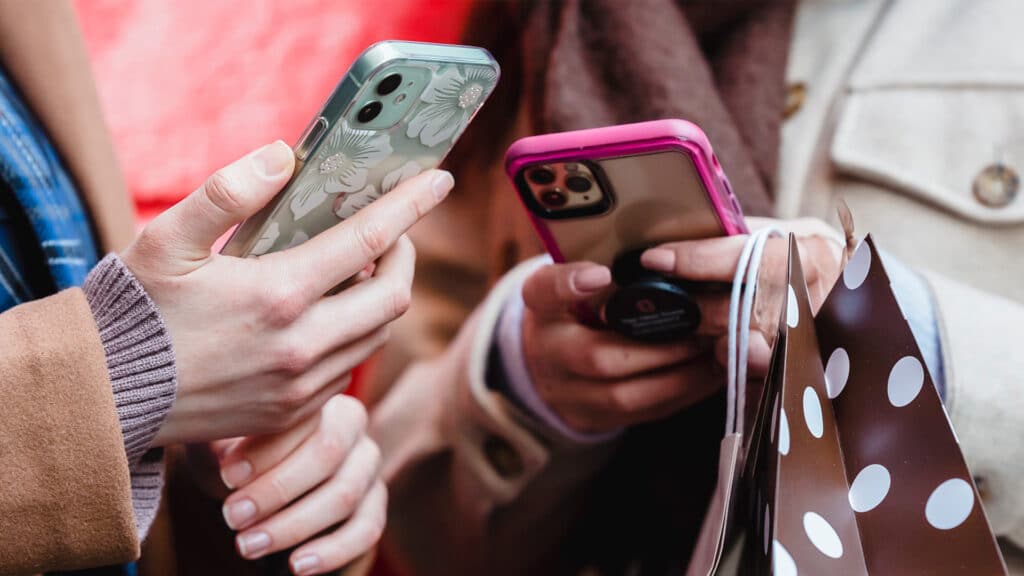
To sign up for a Venmo account, users must:
- Be physically located in the United States.
- Be 18 years old or more.
- Have access to a cell phone that can receive/send text messages.
You do not need to install the Venmo app on your device to open an account, but it is recommended. Venmo can be used on a desktop computer through a browser as well.
Ways to Add Money to Your Venmo Account
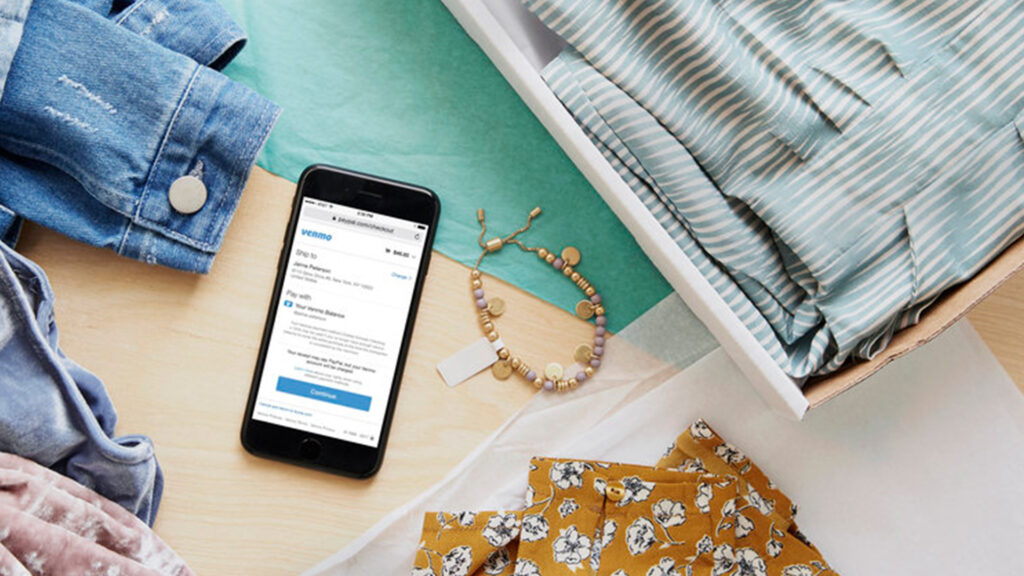
There are a few different ways to add money to your Venmo account balance.
Receive Payment from Others
One of the easiest ways to fund your Venmo account is to have someone send you some money. Whether you are taking payment for services or just settling small debts among friends, transfers from other users go directly into your Venmo account balance, which can then be used for your next payment transaction.
Using a Bank Account or Debit Card
You can use the Venmo app to transfer funds from your checking account to your Venmo balance without fees.
Here's how:
- Add your payment source
- Go to Settings.
- Choose Payment Methods.
- Choose the “Add bank or card.”
- Select the payment source, either through a bank or credit card.
- Enter your bank account information to complete.
- Initiate the transfer
- First, check that you have funds in your checking account to transfer.
- On the Venmo app, tap your profile, which should be the "Me" tab.
- Select "Manage Balance."
- Choose "Add Money."
- Enter the amount you want to add, and choose the payment source.
- Hit "Next" to continue and complete the transaction.
Transactions with checking and debit cards take about 3 to 5 business days.
Using a Credit Card
If you want to add funds to your Venmo balance using a credit card, the process is the same as above. Just enter your credit card info after tapping "Add bank or card".
Take note, however, adding funds with a credit card will cost you. The fee for funding with a credit card is 3% of each transaction, which can be a substantial amount if you're transferring a large sum. Also, be aware your credit card company may charge a cash advance fee.
Using a Check
When adding funds to your Venmo balance using a check, you have two choices, but be aware you may need to pay fees for this feature as this is one of the ways that Venmo makes money.
- Cash check in minutes: You can receive the funds in minutes and pay a 1% fee for government or payroll checks, and 5% for all other checks. A minimum charge of $5 will be incurred per check.
- Wait 10 days: Or, you can avoid the fee by waiting 10 days for your check to clear.
To deposit a check using the Venmo app:
- Go to the "Me" tab by tapping your photo or initials.
- Select "Manage Balance."
- Choose "Cash a Check." You may be prompted to verify your account details.
- Next, type in the check amount.
- Follow the prompts to upload a picture of the front and back of the check. Make sure you have endorsed the check with your signature before taking the photos. When done, hit "Next" to proceed.
- Choose how long you will wait to get your money and submit.
- If you choose to pay a fee to access your funds right away, the money should appear quickly, 15 minutes at the most.
- Once you receive confirmation the check has cleared, write VOID on your check and file it away. You can now use your funds in your Venmo balance.
Using Direct Deposit
Another convenient way to add money to your Venmo account is through direct deposit without incurring any fees. Eligibility is determined at the sole discretion of Venmo.
To add funds using direct deposit:
- Open the "Me" tab.
- In the top right select the "Settings" icon and pick "Direct Deposit" from the menu.
- Choose "Show Account Number" to reveal your Venmo account number and routing number.
- Provide your account number and routing number to your employer to set up direct deposit.
The routing information can only be used for incoming payments, so don't try to use it to set up bill pay or anything like that.
How to Avoid Transaction Fees with Venmo
Venmo provides many services without fees, but there are some transactions that will incur a fee for the user. In general, adding money to your Venmo account with the mobile app is free when you use a checking account. If you are using Venmo for other features, double check the fees first.
If you want to avoid Venmo fees:
- Only send money between friends family
- Fund your account using a bank account
- Be willing to wait a couple days for your money
- Avoid depositing personal checks
Here are some fees you should be aware of if you want to avoid them:
- Payments with a credit card: There is a 3% fee to make Venmo payments with a credit card.
- Business transactions: When you get a payment for a business account or a transaction is designated as payment for services or goods, the fee is 1.9% plus an additional 10 cents.
- Depositing checks: Mobile check deposits using the app charges a 5% fee ($5 minimum charge), except government and payroll checks have a 1% fee. You can avoid the fee if you choose to wait 10 days to access the cashed funds.
- Instant transfers: Instant transfer of funds from your Venmo account to a bank account charges a 1.75% fee. Otherwise, you will have to wait 1-3 days for your funds to clear for free.
Does Venmo Charge Overdraft Fees?
In general, no. If your Venmo account has insufficient funds to complete a payment, you’ll get a message saying that the transaction wasn’t completed. However, using a debit card linked to your bank could lead to an overdraft fee if the bank honors the payment.
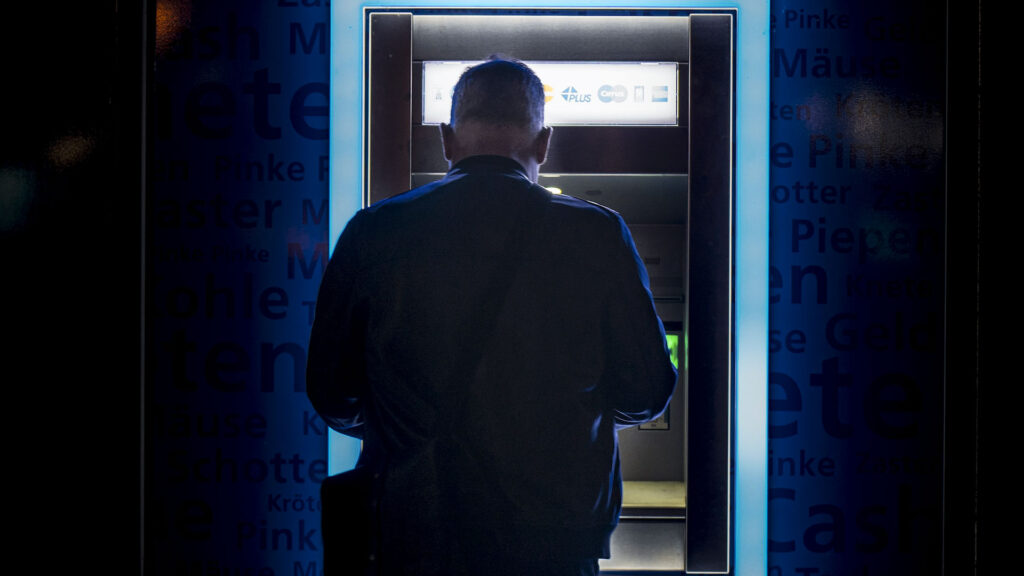 Related Article
Related Article
How Overdraft Protection Works and How to Avoid Overdraft Fees
Can You Send Venmo Payments Without a Balance?
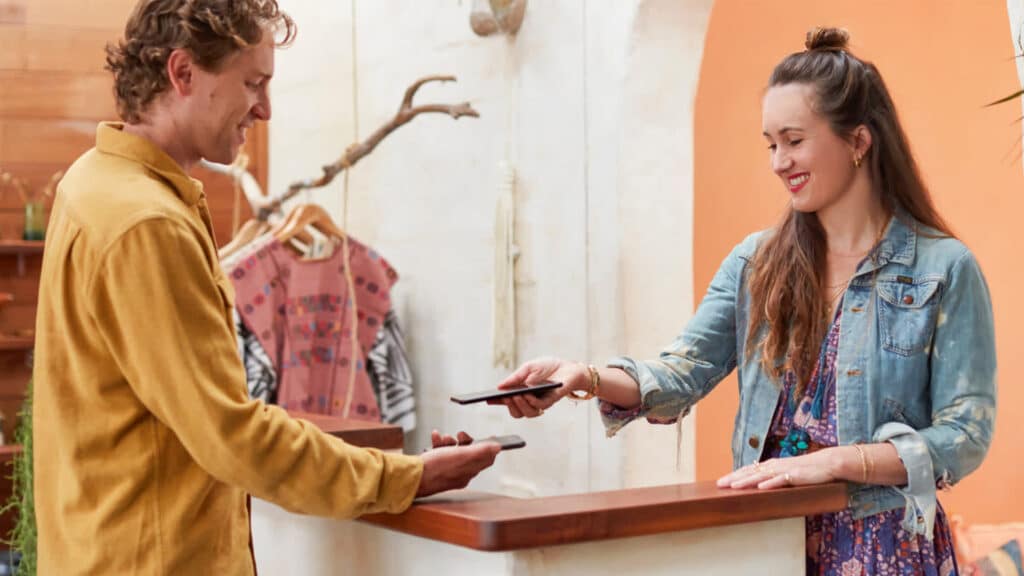
To use Venmo, you don't need to add money to your balance at all. All you need to do is add a payment source.
When you use Venmo to pay someone, it will automatically take funds from the linked payment source if you do not have money in your Venmo balance. Here are the steps you can take to send money or make payments without adding funds to your balance first.
How to Link a Bank or Card to Your Venmo Account:
- Navigate to Settings
- From the Settings menu, select "Payment Methods."
- Choose the “Add a bank or card” option and pick Bank.
- Enter and Verify Your Account Information
- Venmo uses Plaid to verify bank account balances and other information. If you use a bank that’s eligible for instant verification, you can log in using your online banking username and password or other identifying information after you select your bank.
- You can also add your account manually by providing your routing number and account number. Just choose manual verification instead of an instant verification method.
- Wait for Verification if Needed
- Manual verification can take one to three business days.
- Venmo sends two bank transfers worth less than $1 each to your bank account, and it requests two withdrawals for matching amounts at the same time.
- To avoid any overdraft or other bank fees, check your balance. You need at least $2 in your account before you start manual verification.
- When the transfers appear in your bank’s transaction history, you can verify them by entering the amounts in the Venmo app.
Once you have a linked funding source, you can start sending payments to other Venmo users.
Standard transfers from financial institutions can take 3 to 5 business days, but you’ll pay a fee for instant transfers. People could see standard transfers in their bank account transaction histories before the funds reach Venmo.
Can You Auto Reload Funds to Your Venmo Account?
Yes, you can turn on auto reloads if you have a Venmo debit card. Venmo debit card purchases are funded first by your Venmo balance, so you can avoid dipping into other funding sources by keeping money in your Venmo balance.
To turn automatic reloads off or on:
- Go to the "Cards" tab.
- Select the Venmo Debit Card.
- Toggle the option to enable/disable automatic reloads.
If you turn on automatic reloads, Venmo withdraws funds from your linked bank account in increments of $10 to cover any purchases if you do not already have sufficient funds in your Venmo account. However, reloads could lead to overdraft fees if you do not have the funds in your bank account.
How to Transfer Money from Paypal to Venmo
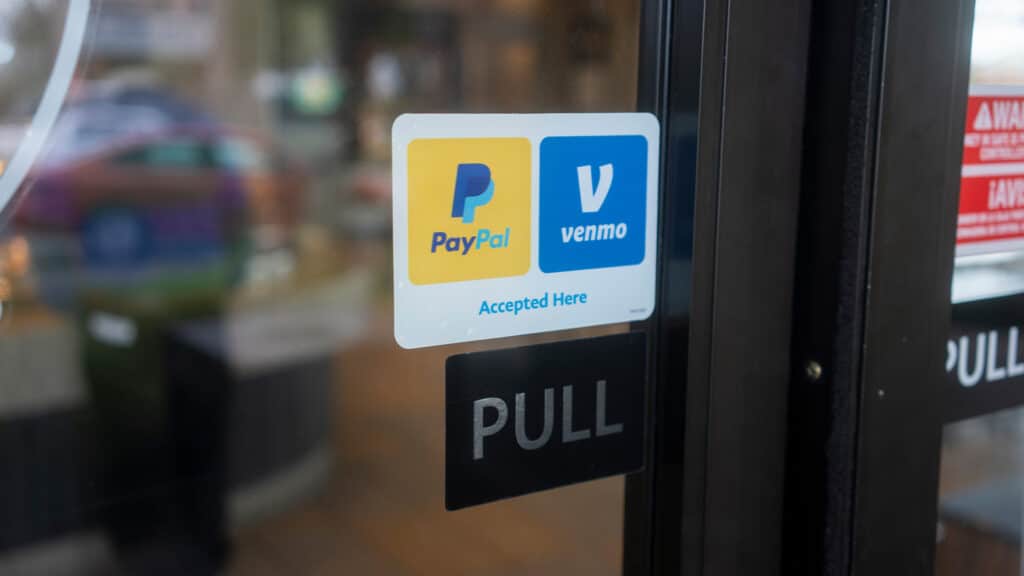
There’s no direct way to transfer money between PayPal and Venmo, but there are a couple workarounds:
- Use PayPal to send money to your bank account. Then, transfer those funds to your Venmo account.
- Link your PayPal debit card to your Venmo account. Then, you can use the Venmo app to transfer funds from the PayPal debit card to Venmo.
Get the Most Out of Venmo's Features
Venmo makes sending and receiving payments, making purchases, and managing your money seamless if you know how to navigate its many features. If you are a frequent Venmo user, knowing the different ways to add funds and how to avoid fees can make managing all of your transactions easy and convenient.

